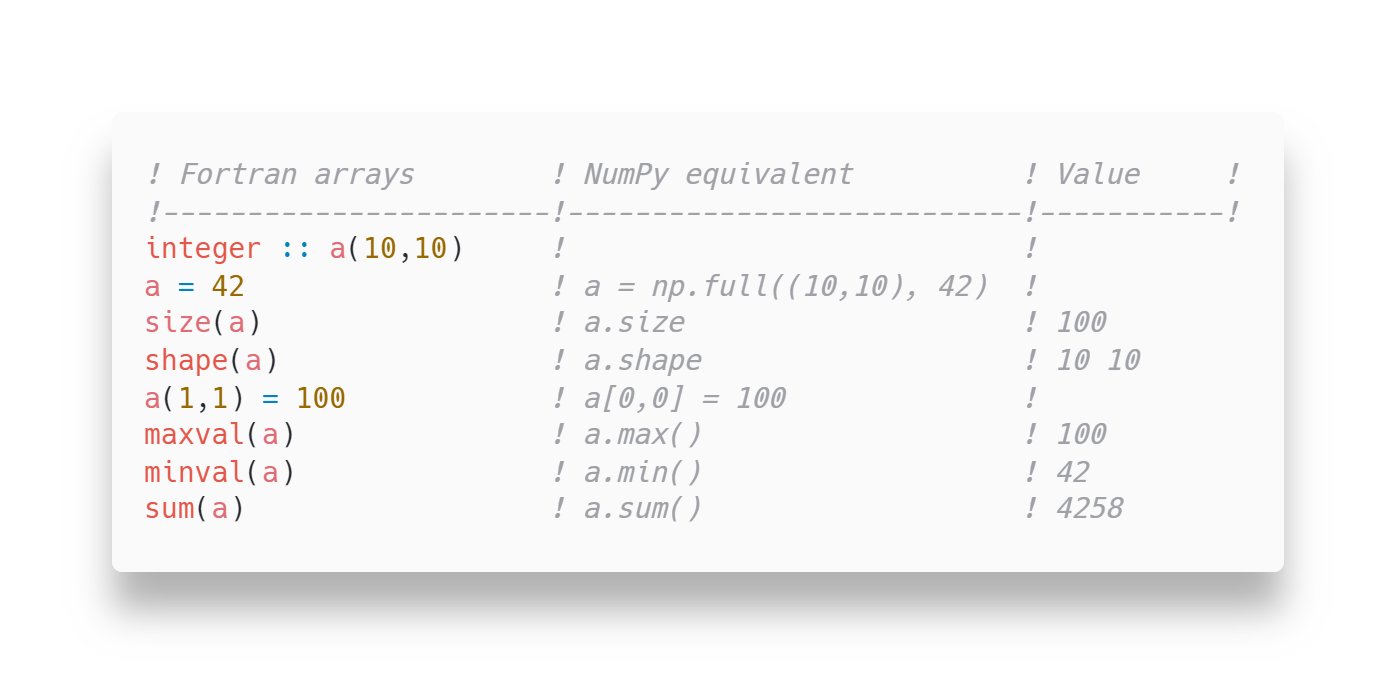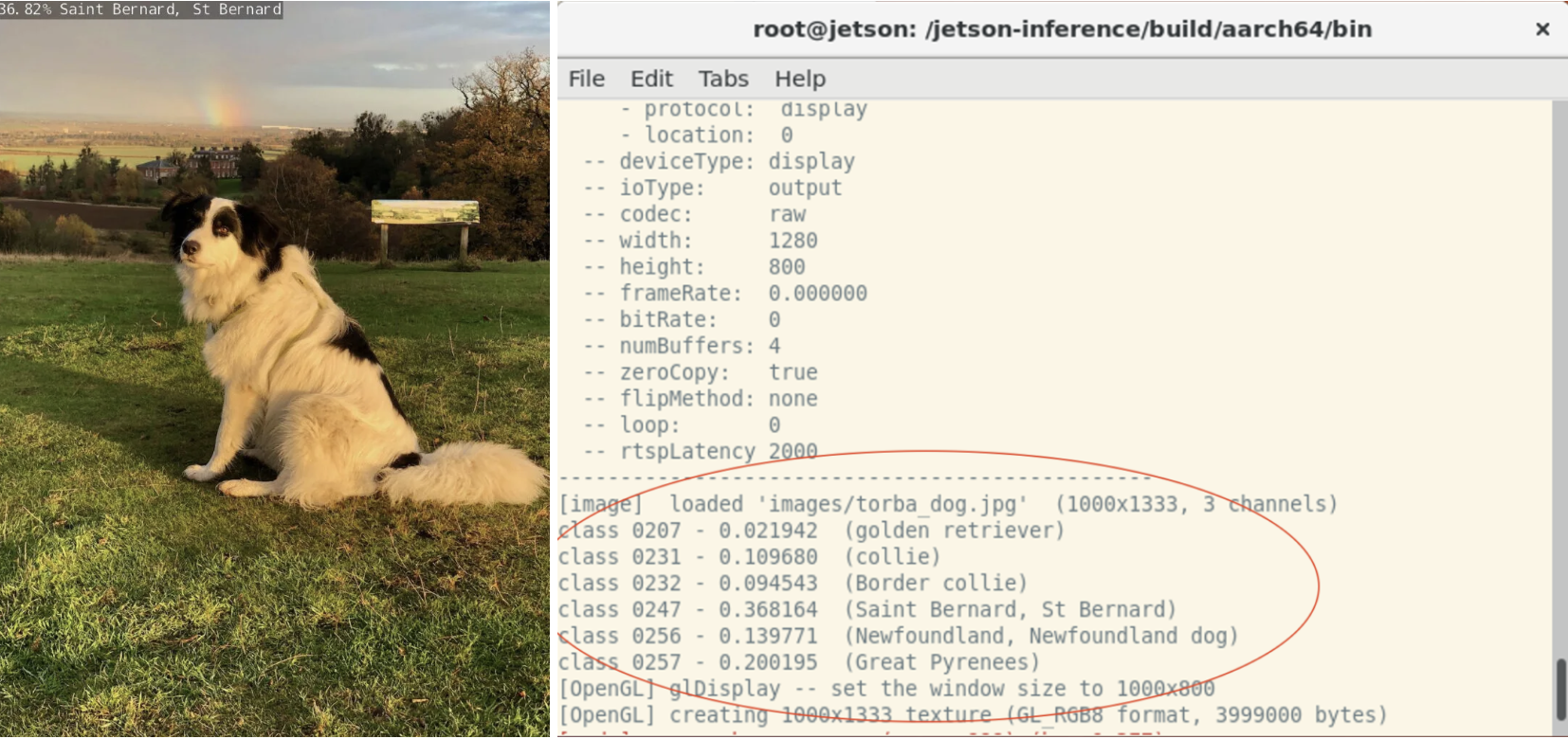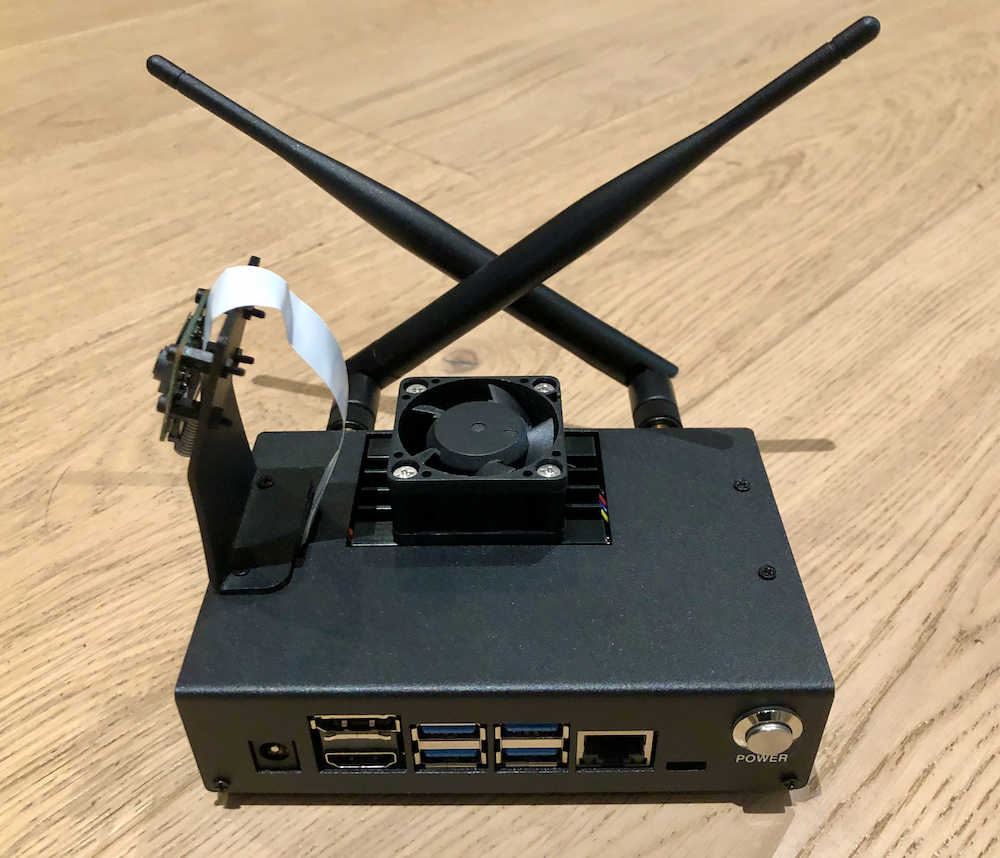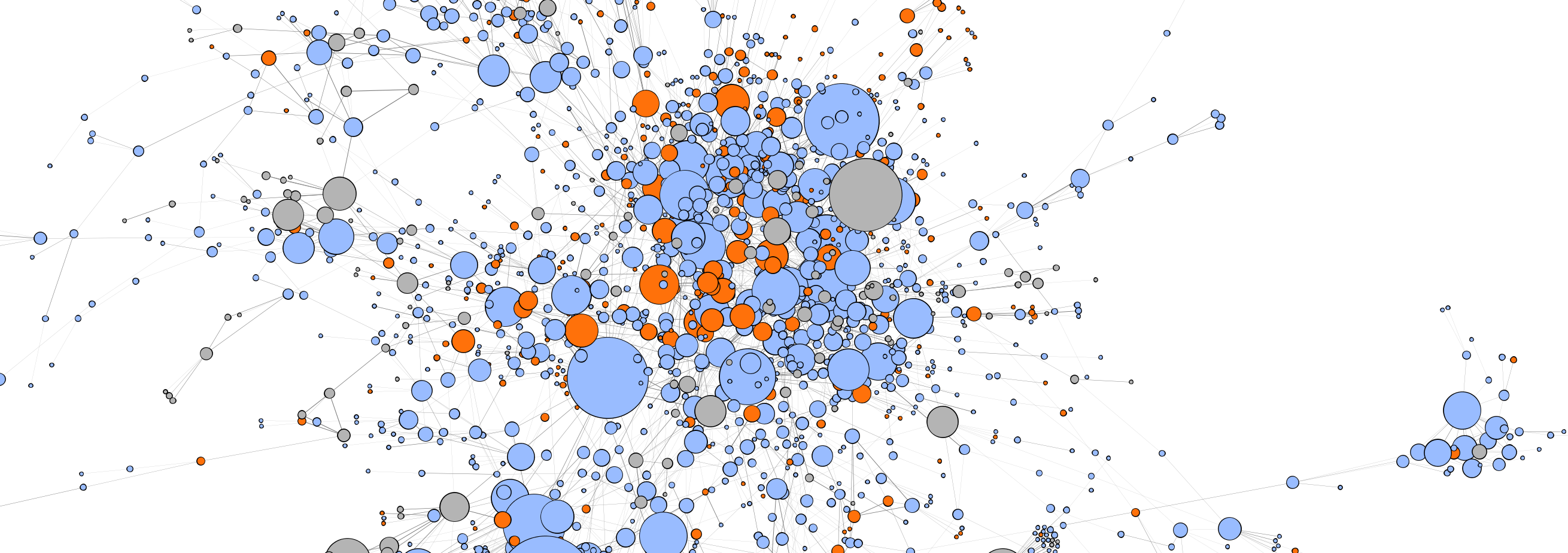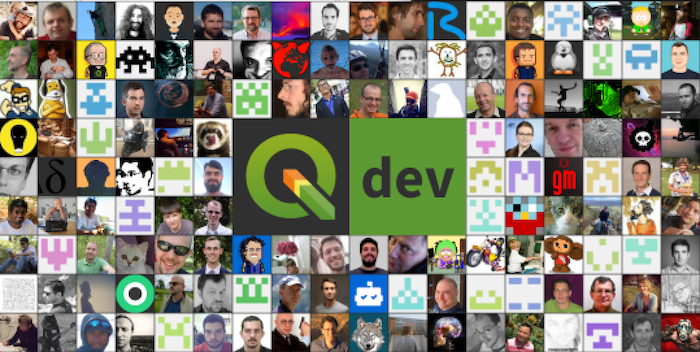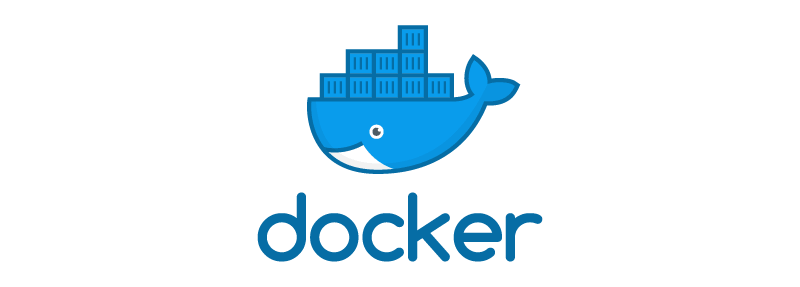Exciting recent developments for Fortran coders
Expert Network member Sam Harrison describes some exciting recent developments for Fortran coders At the end of last year, a new Twitter channel @FortranTip was launched, with the goal of sharing bite-sized tips on Fortran coding best practices, similar to the @SciPyTip channel does for scientific Python tips. Example tweet from the FortranTip channel The […]
